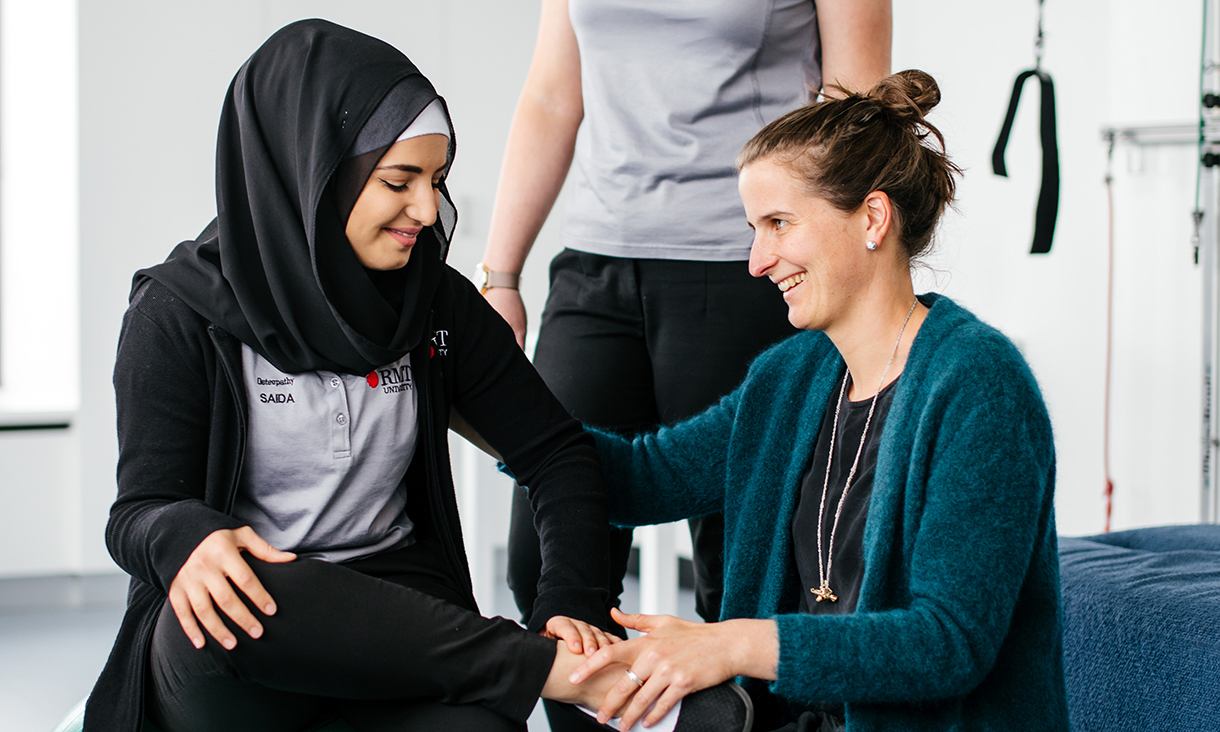The ability to learn is your most valuable asset, and returning to study at RMIT can help you acquire the soft skills that are currently in demand.
Recently, LinkedIn Learning Asia-Pacific senior director Jason Laufer spoke at an RMIT event about the importance of continuing your learning journey throughout your career.
“The world has changed and we now work to learn,” said Laufer. “Gone are the days where you’d get a university education, then you go and work and that’s it. Life is a lifelong learning journey.
“Learning not only helps you build skills and improve in your role, it has a strong correlation to changing your mindset, boosting confidence and opening doors to new opportunities.”
At RMIT we provide flexible study options where you’ll be part of an engaged digital community while getting the experience and vocational skills that set our graduates apart.
Creativity, collaboration, persuasion, adaptability and emotional intelligence topped LinkedIn’s list of the most in-demand soft skills by companies in 2020. Discover how you can get these sought after skills at RMIT.
 “[Learning] has a strong correlation to changing your mindset, boosting confidence and opening doors to new opportunities.” - Jason Laufer, LinkedIn Learning Asia-Pacific senior director
“[Learning] has a strong correlation to changing your mindset, boosting confidence and opening doors to new opportunities.” - Jason Laufer, LinkedIn Learning Asia-Pacific senior director


